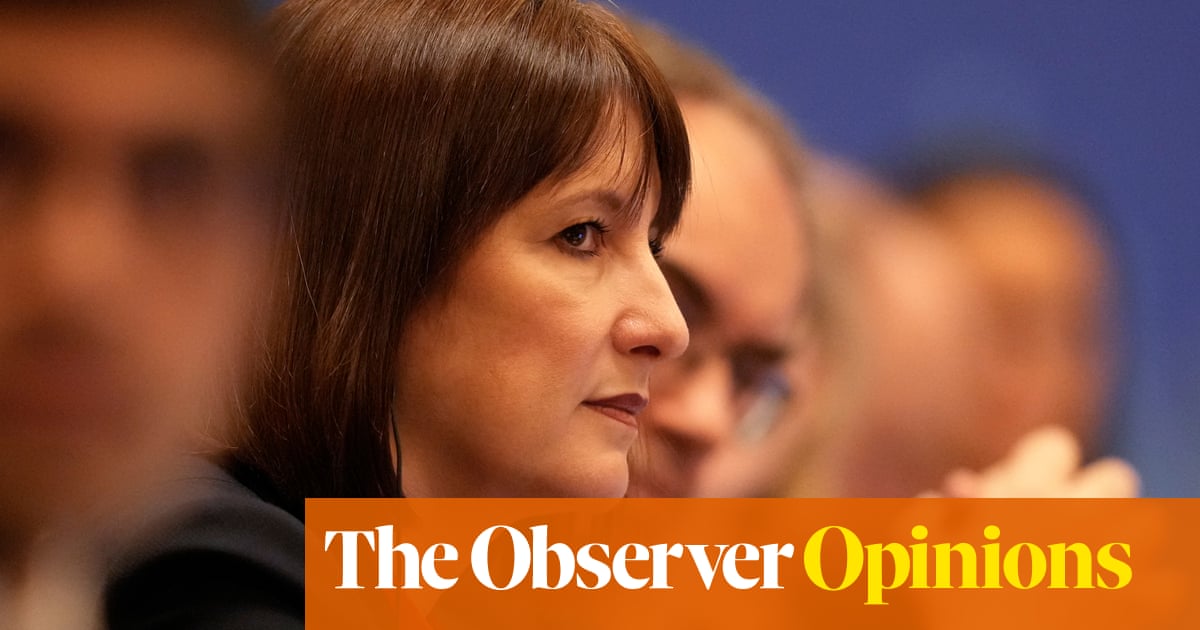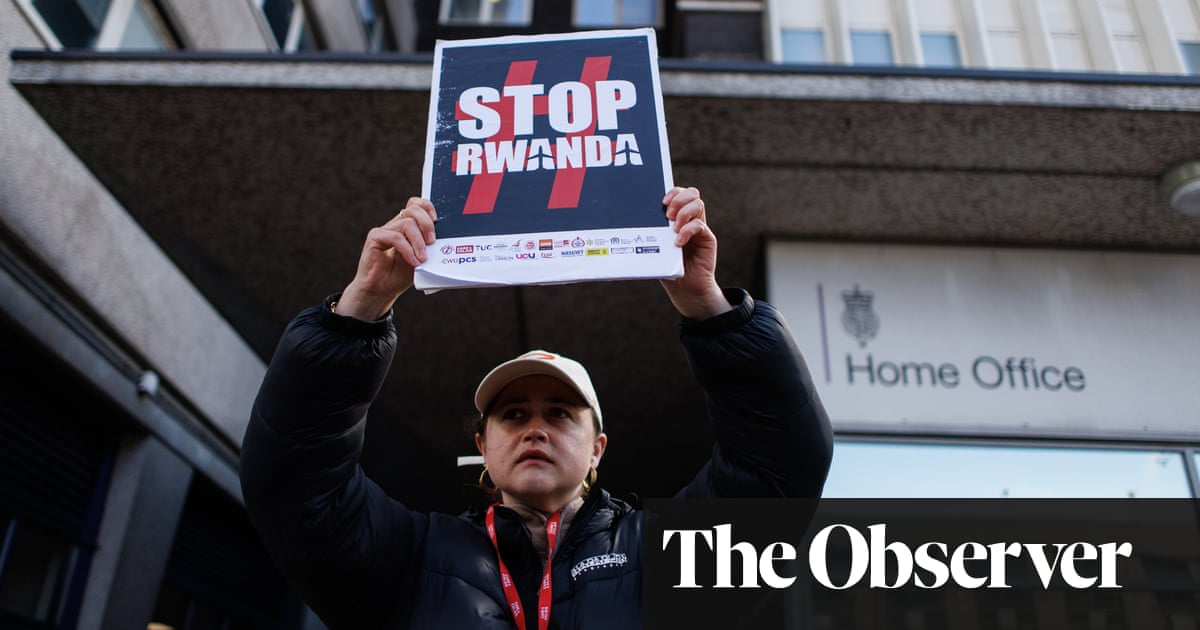It was no surprise that Kaja Kallas went to Ukraine on her first day as the EU’s chief diplomat.
Kallas, who stepped down as Estonia’s prime minister to take up the role, was accompanied in Kyiv on Sunday by the new European Council president, António Costa, and European enlargement commissioner, Marta Kos, marking the leadership changeover at the EU institutions on 1 December.
“In my first visit since taking up my office, my message is clear: the European Union wants Ukraine to win this war,” Kallas said.
The EU’s high representative on foreign policy is not the most decisive actor in ending the war, but Kallas’s words will still be welcomed in Kyiv: they are not just the vague promises of many EU leaders to stand by Ukraine “as long as it takes” but an unequivocal commitment to victory.
Kallas, a 47-year old former MEP, has taken over from Josep Borrell, 77, a veteran Spanish politician who never seemed afraid to speak his mind. Asked about Donald Trump’s return at an event at the Brussels Institute for Geopolitics last week, Borrell did not offer the standard platitudes of “strong US leadership”.
Instead he said: “How not, how I couldn’t be worried? Certainly I am.” Nor did he offer soothing bromides on whether Europe would fill the gap of a potential US withdrawal of support from Ukraine: “I don’t think anyone knows the answer.”
Borrell has also sharply criticised Israel for its goal of destroying Hamas in the Gaza Strip, which by mid-November had caused the deaths of more than 44,000 people, according to Palestinian officials. He made an unsuccessful effort to impose EU sanctions on two far-right Israeli ministers, as well as an equally fruitless attempt to suspend a diplomatic dialogue with Israel in the final days of his mandate.
His forceful stance on Gaza put Borrell at odds with the European Commission president, Ursula von der Leyen, who has faced criticism for her staunch defence of Israel.
But in a union deeply divided between states that recognise Palestine (Spain and Ireland) and uncompromising supporters of Benjamin Netanyahu’s government (the Czech Republic and Hungary), Borrell stood out for his clarity.
“He has definitely been a voice of principle,” said Nathalie Tocci, who has advised Borrell and his predecessor, Federica Mogherini. But looking back at his record, Tocci added: “Frankly speaking, there hasn’t been a lot of action.”
Tocci, the director of the Institute for International Affairs in Rome, said Borrell did not take on big projects pursued by previous EU high representatives, who made progress in brokering agreements with Iran, stabilising the Balkans and developing the EU’s foreign policy machine.
after newsletter promotion
Hans Kribbe, co-director of the Brussels Institute for Geopolitics, however, credits Borrell for helping to forge a united response to Russia’s war of aggression. “He quickly realised in February 2022 that the EU needed somebody to bang heads together and I think he played that role with relish.”
Borrell’s job was made easier as Russia’s full-scale invasion triggered powerful unity among the EU’s 27 member states, who within days took unprecedented decisions to give military aid to Ukraine and open the door to millions of Ukrainian refugees via the hitherto unused temporary protection directive.
Kribbe added: “Your effectiveness depends on how much unity there is among EU governments. So without unity you are dancing in the wind.”
Kallas is likely to face tougher times, as EU unity on Ukraine starts to fray. “The question immediately is how long Europe’s consensus on Russia and Ukraine persists as Trump moves to negotiate a peace deal in 2025,” Kribbe said. For a few years, any suggestion of negotiations with Moscow has been “politically radioactive”, but this is no longer the case, the analyst added. “So all these dividing lines are bound to re-emerge between those who favour a peace deal and perhaps a rekindling of economic ties with Russia and those who wish to fight on them.”
As an instinctive transatlanticist, Kallas will also be under pressure to show that she does not accede too quickly to US demands on China.
EU foreign policy watchers also want to know whether Kallas can lead the bloc’s direction beyond eastern Europe. Before her appointment, several western EU member states had reservations, seeing her as too “monothematic” on Ukraine and Russia, rather than a high representative with a strong interest in the wider world.
When Kallas returns from Kyiv, she will face scrutiny on how she leads the EU’s cash-strapped foreign policy service throughout the world, and whether she can be more than a strong voice.
A high representative, Tocci said, needs to ensure they can be a voice of conscience that brings member states along with them. “Otherwise, it’s kind of nice and it makes you feel good, but does it actually do anything?”

.png) 1 month ago
10
1 month ago
10













































